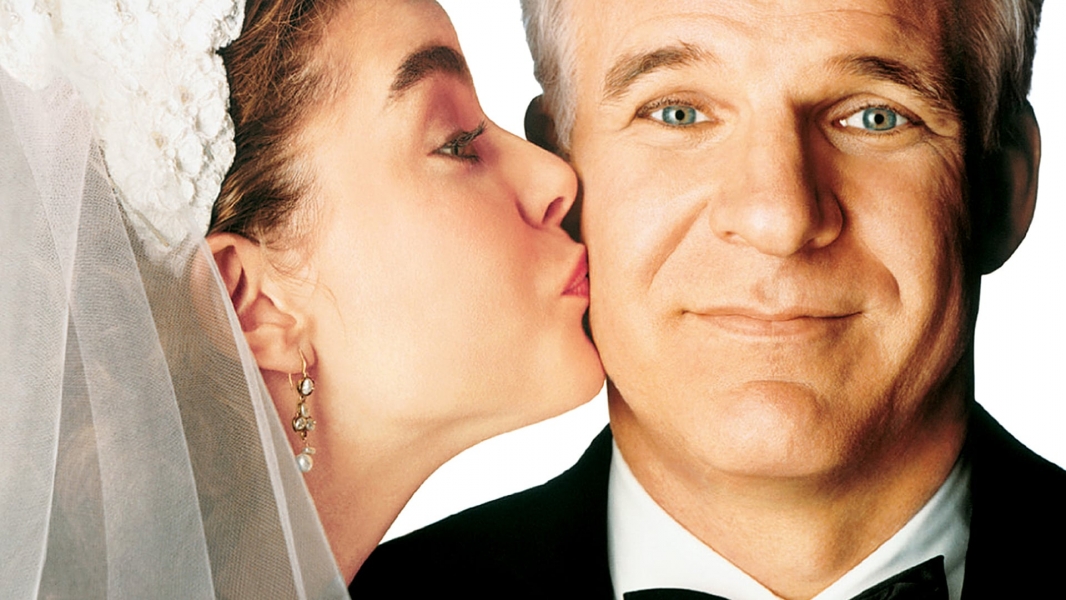Recently I rewatched the classic 1990 comedy Father of the Bride starring Steve Martin as the iconic George Banks. It’s the hilarious tale of a dad stressed out to the max over his daughter’s expensive wedding.
Login to read more
Sign in or create a free account to access Subscriber-only content.
